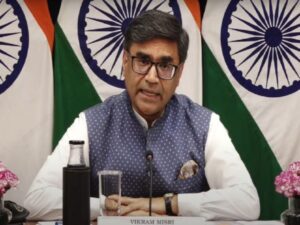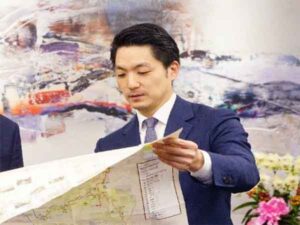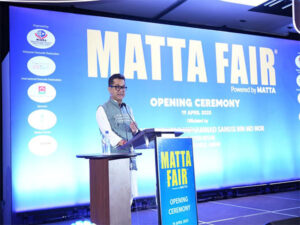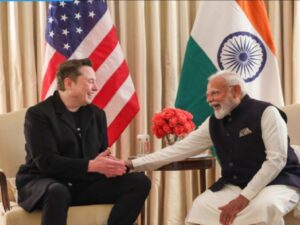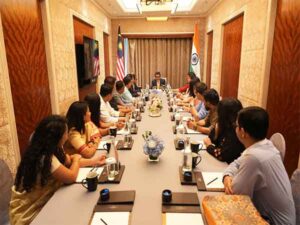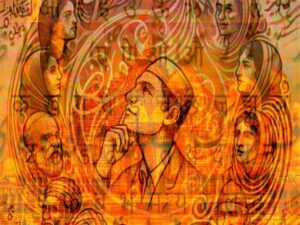Bangladesh can claim to consider Bangla as UN’s official language: High Commissioner to India
New Delhi [India], February 22 (ANI): Bangladesh can claim to consider Bangla as the United Nation’s official language, Bangladesh High Commissioner to India Mustafizur Rahman said on Tuesday. While talking with ANI, Rahman said, “21st February is a historic day for Bangladesh and since 1999, it’s been recognised as international mother language day. It tells about our independence.” Well, if we consider the number of people speaking Bangla, I think it would be one of the top six, or seven languages spoken in the world.
So We can claim that Bangla is also considered as the UN’s official language but there are complexities involved and it is a lengthy process, but you are determined to push it forward,” Bangladesh High Commissioner to India said. As per UNESCO, the idea to celebrate International Mother Language Day was the initiative of Bangladesh. It was approved at the 1999 UNESCO General Conference and has been observed throughout the world since 2000.
UNESCO believes in the importance of cultural and linguistic diversity for sustainable societies. It is within its mandate for peace that it works to preserve the differences in cultures and languages that foster tolerance and respect for others.
Multilingual and multicultural societies exist through their languages which transmit and preserve traditional knowledge and cultures in a sustainable way.
Globally 40 per cent of the population does not have access to an education in a language they speak or understand. Nevertheless, progress is being made in multilingual education with a growing understanding of its importance, particularly in early schooling, and more commitment to its development in public life.
In the statement, UNESCO said that the 24th edition of International Mother Language Day will focus on the theme ‘multilingual education – a necessity to transform education’.
Multilingual education based on mother tongue facilitates access to and inclusion in learning for population groups that speak non-dominant languages, languages of minority groups and indigenous languages, as per the statement.

